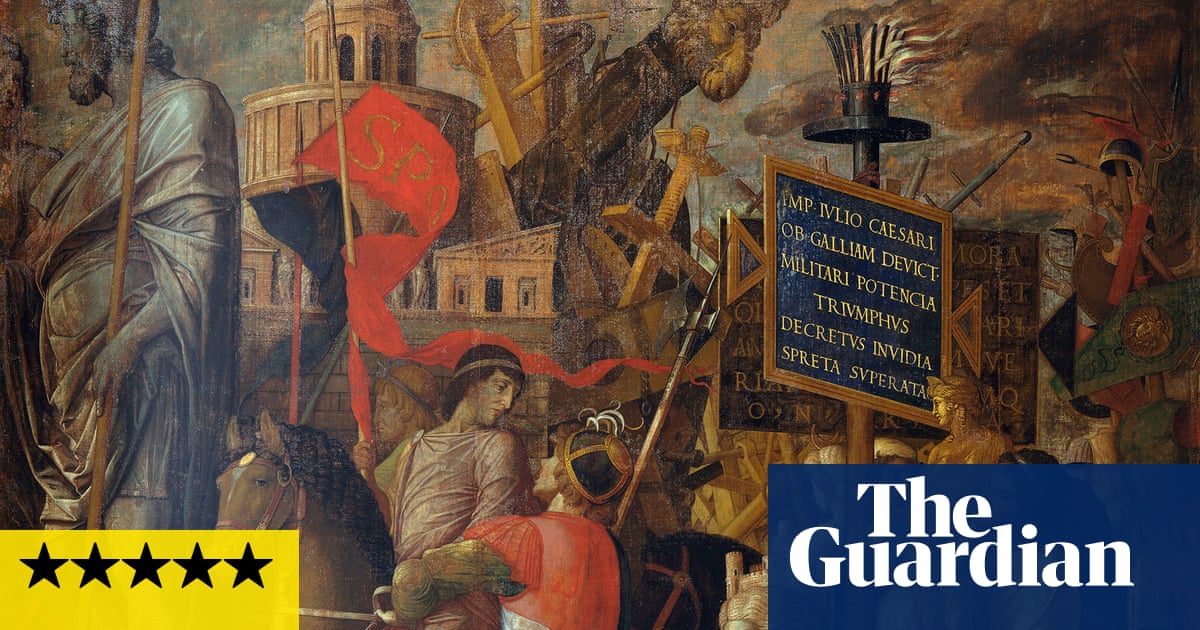
he Moth of the title has only metaphorical association with nocturnal lepidoptera; it’s actually a small aeroplane, manufactured by de Havilland between the wars. The Mountain is a real mountain, the big one, Chomolungma, also known as Mount Everest. And in those days still unconquered. What – or rather who – links the two? The answer is Maurice Wilson.
No, me neither, until now. But what an introduction. And what a story. In fact you could say the (Gypsy) Moth links Wilson with the Mountain, in that it took him there –or nearly there – from an airfield in a suburb of north London, in short, eventful hops. Then, when the plane was impounded by officials in Darjeeling, Wilson walked the rest of the way, more than 300 miles, dressed up as a Tibetan priest and carrying an umbrella.
Wait though, that’s jumping the gun. First there’s growing up, in Bradford. Wilson was the son of a mill owner; he went to Carlton Road secondary school. And already he’s different from the other Everest adventurers of the day, who tended to have been schooled at Eton or Winchester, to be connected and entitled. Wilson would probably have joined the family business, had it not been for the first world war.
He survived the western front, though not unscathed, returning with machine gun scars and deeper psychological wounds. Also without any clear path ahead. His hometown, an industrial city on the slide, wasn’t going to satisfy Wilson’s new thirst for adventure. So he wandered, to New Zealand, the US, South Africa – an itinerant chancer and entrepreneur, in search of himself and a plot. He married a couple of times, there were other women, and other secrets. Later, back in Blighty, he became involved in a complicated love triangle. Plus there was a spiritual awakening: fasting and prayer were the way to strengthen both body and soul.
Meanwhile the race to the top of the world was hotting up. There had already been British expeditions to Everest, the ones you do know about, in 1921, 1922 and 1924. It had become a matter of national pride, to conquer and plant the flag. George Mallory and Andrew Irvine, who had come so close and perished, were heroes. Men, generally survivors of the great war, were climbing higher and higher, pushing themselves for king and country. Also for themselves – this was a way of finding enlightenment of their own, and towards a better understanding of the self.
I’ll have a piece of that, thought Wilson, from afar, and he hatched his crazy plan – to climb Everest alone, after flying himself there. The fact that he had no experience of flying, or of mountaineering, did nothing to deter him; he could learn. On 21 May 1933, Wilson took off from Stag Lane aerodrome in Edgware, bound for Everest, on an adventure that would last more than a year.
How has this story slipped into a crevasse in the glacier of time, lying frozen and largely forgotten for so long? Perhaps the world is better now at embracing eccentricity and – (not too much of a) spoiler alert! – failure than it was. Where once he was dismissed as a madman and an embarrassment, now Wilson can be properly celebrated. In another kind of adventure in which chaps took themselves to the most unforgiving places, Donald Crowhurst’s story is a more intriguing one than that of Robin Knox-Johnston, who succeeded where Crowhurst failed. Perhaps Wilson is to Everest and aviation what Crowhurst is to sailing alone around the world.
Caesar has rescued Wilson’s story from the bottom of that glacier, and carried him to the present. It was, evidently, a tricky task, with not a lot to go on: Wilson’s diary; a bunch of letters to Enid Evans, one corner of that triangle and the love of Maurice’s life; a woefully inadequate previous biography; a few newspaper articles from the time; and no direct descendant with even secondhand memories. But Caesar – a journalist with a novelist’s eye for a character, now also playing detective and forensic psychologist – scoured archives, military records and ships’ passenger lists to fill in the gaps.
Caesar shies away from the first person. “Why did he need Everest, and why do you care?” he writes. But this is a personal book. Not only does he set out almost obsessively to get to understand Wilson and his motivation, he also wants to understand his own almost-obsession. There are hints of parallels, the pull of adventure, an understanding of trauma and loss: Caesar dedicates the book to his mother Janie and his father Lt Cdr Ben Caesar, Royal Navy (1938-1982). Caesar’s dad was killed in a helicopter crash.
Wilson’s story is bonkers, but also beautiful. The profile Caesar builds is compelling, colourful and warm – of a complex, contradictory man with admirable self-belief and a healthy disregard for class boundaries and national borders. The boy from Bradford for whom Mount Everest’s icy peak was a shining light, the flame to which the Moth was inexorably drawn. And that’s a story that rarely ends well.
• The Moth and The Mountain is published by Viking (£18.99). To order a copy go to guardianbookshop.com. Delivery charges may apply.












